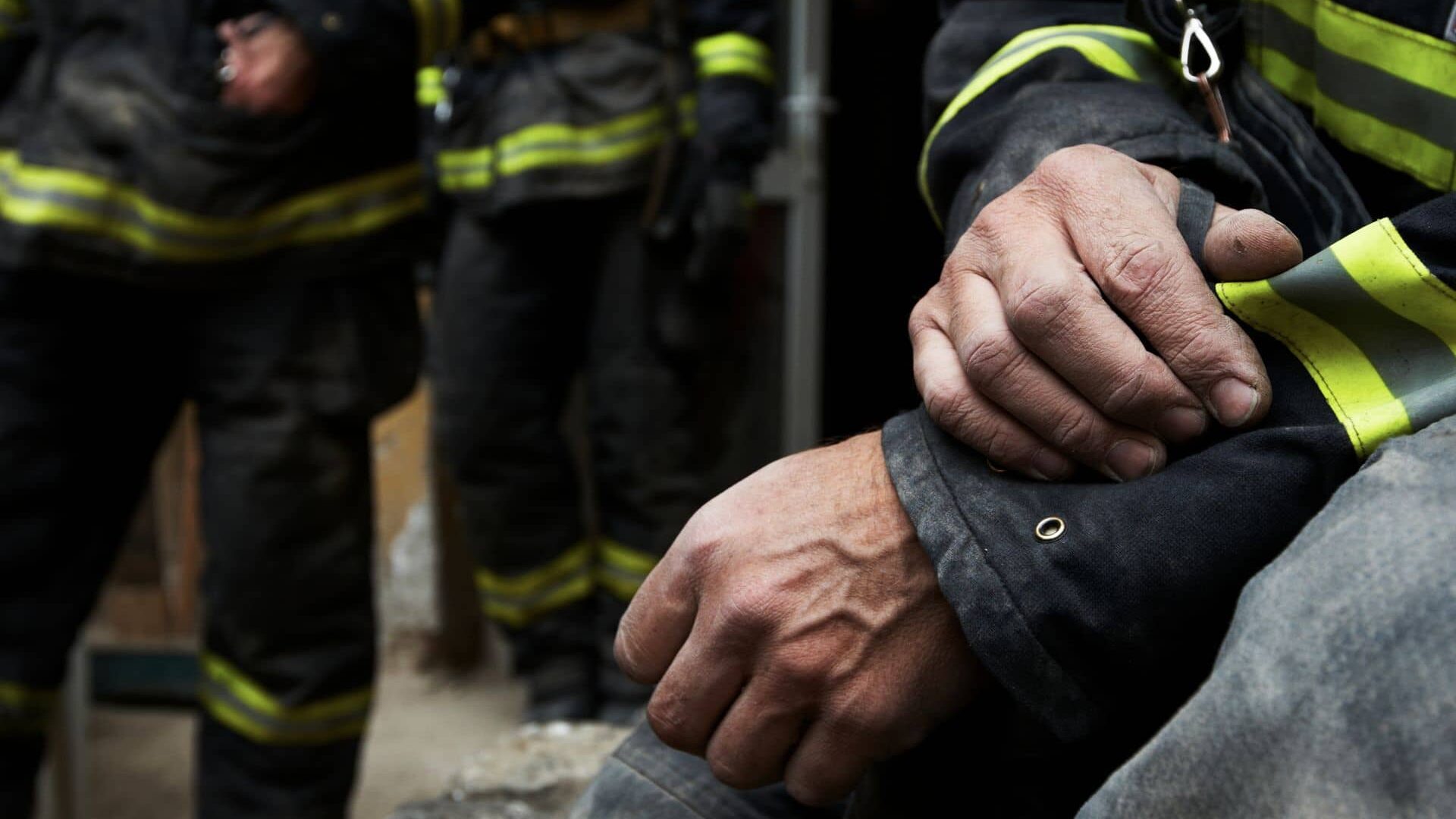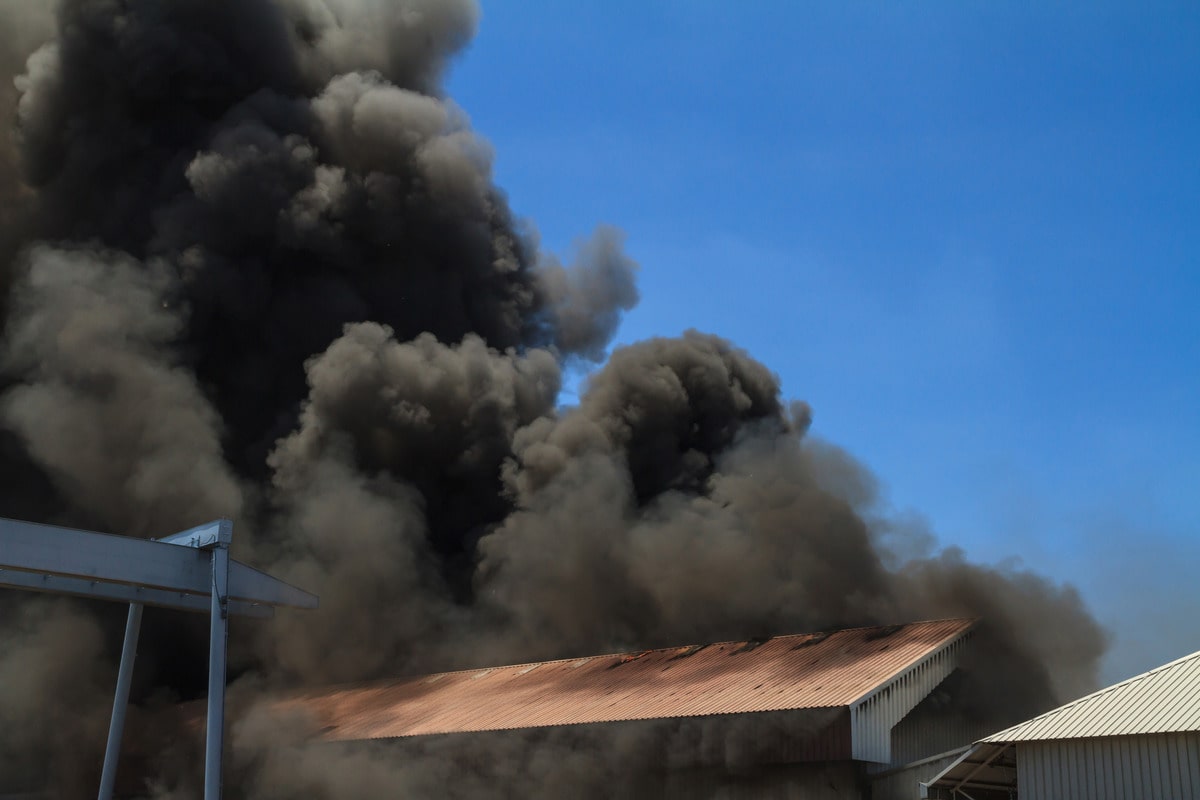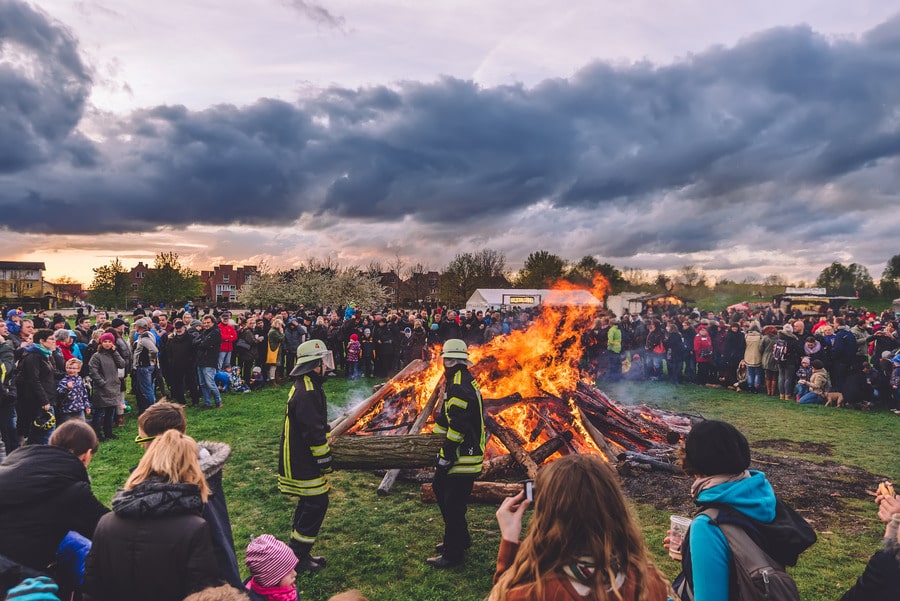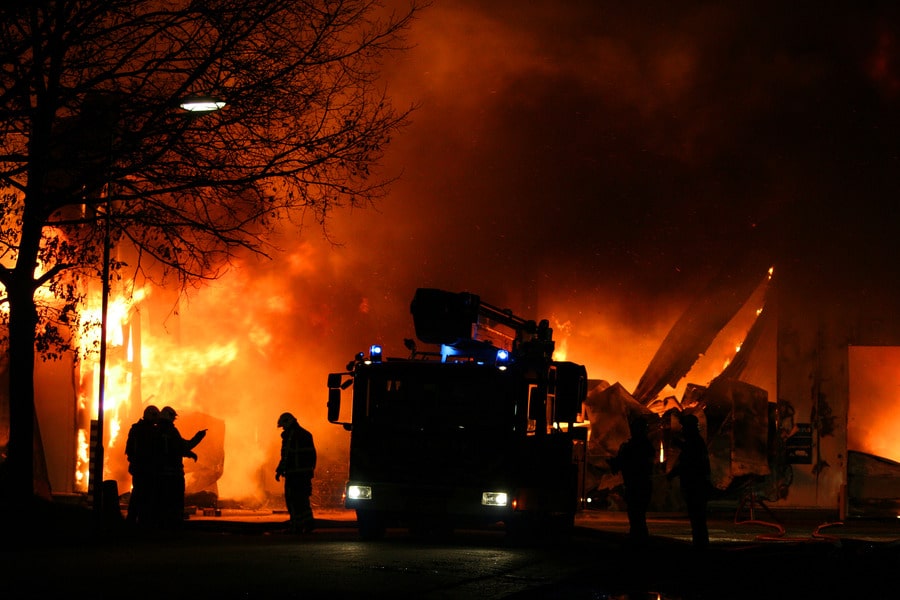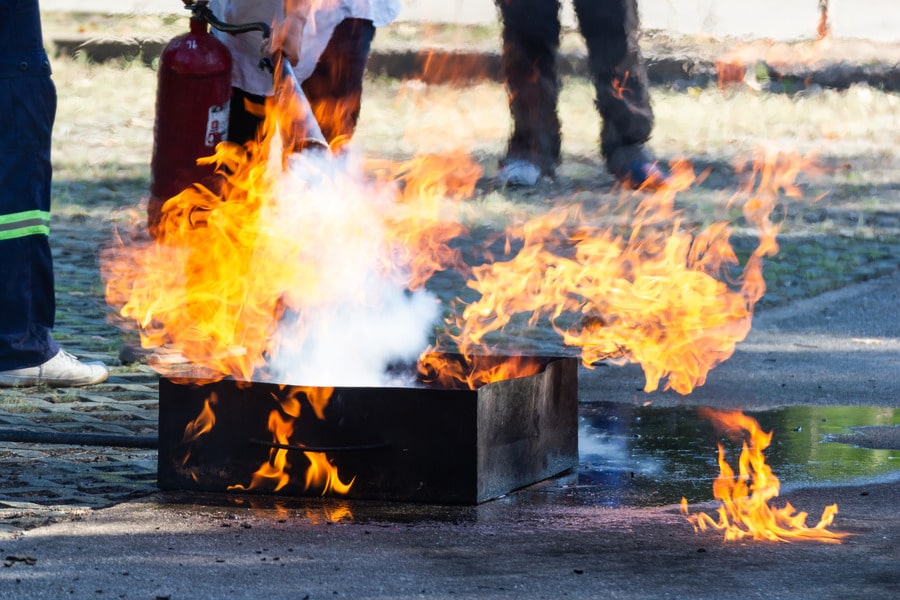Fires and Smoke Inhalation
Smoke inhalation injury is a syndrome of acute respiratory distress induced by inhaling smoke chemical fumes. It can result in complications associated with the ventilator, such as respiratory failure or the need for ventilator support, and can even be fatal. Inhalation of smoke induces a potent inflammatory response in the lung tissue and can irritate the airways. Hot air from a fire or smoke contains substances that can harm your respiratory system, such as carbon monoxide, which interferes with gas exchange. This may result in severe lung tissue injury or even respiratory failure requiring ventilator support.
Fires and smoke inhalation can cause a variety of health issues, such as asthma, irritation of the respiratory tract, and other heart and lung diseases. Smoke from fires is a complex mixture of air pollutants that contains chemicals that are toxic and cause damage. These pollutants can cause severe health issues and exacerbate existing respiratory and cardiovascular conditions in people exposed to wildfire smoke. Children, the elderly, and expectant women are particularly at risk because their airways are more fragile than those of other individuals. Inhaling smoke can lead to oxygen deprivation, which in some cases can be fatal and result in premature mortality.
Negative Health Consequences
Inhaling smoke from fires, including wildfires, can result in a variety of negative health consequences. Smoke inhalation can cause irritation of the respiratory tract, as inhaled particles and pollutants can irritate the pharynx and lungs. People with preexisting heart or lung conditions, such as asthma, heart disease, chronic bronchitis, and heart failure, are more likely to experience more severe health effects from particle pollution exposure.
Inhaling smoke from wildfires can exacerbate preexisting medical conditions and exacerbate asthma and other respiratory disease symptoms. Long-term exposure to wildfire smoke can also increase the risk of developing lung diseases or other ailments due to exposure to particle pollution. In addition, people with preexisting heart or lung conditions may experience adverse effects from wildfire smoke, which in some instances could lead to fatal health complications.
Asthma attacks and smoke sensitivity can exacerbate the severity of smoke inhalation injuries in susceptible individuals. Smoke contains numerous respiratory irritants, including particulate matter, which can cause wheezing, a sore throat, and a runny, itchy nose. It also contains gases that can cause chest pain and respiratory difficulties by affecting the airways.
Moreover, smoke inhalation can exacerbate lung diseases such as bronchitis and emphysema, as well as cause acute bronchitis attacks in healthy lungs. In addition, the particulate matter found in wildfire smoke has been associated with headaches and other head symptoms. The severity of these symptoms will increase with the number of particles inhaled. Inhaling smoke can also cause irritation of the esophagus and sinuses, resulting in a sore throat and irritated sinuses. It’s better to prevent fires from the beginning. Contact us to learn more about our fire watch guards.
